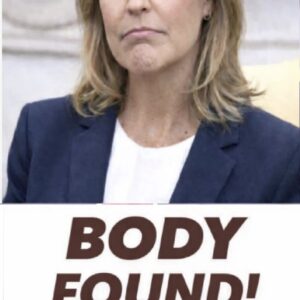In a moment that underscores the importance of family bonds during times of personal difficulty, Prince Harry recently reunited with his father, King Charles III, amid the monarch’s ongoing treatment for a cancer diagnosis. The visit took place in the UK, where King Charles has been receiving outpatient care since publicly disclosing his condition earlier in 2024.
The brief but significant meeting between father and son was confirmed by multiple reputable sources, including BBC, People, and The Guardian. While the royal family has requested privacy during the King’s recovery, the reunion reflects a continued commitment to family unity, despite past differences.
King Charles’s Health Journey: What We Know
In February 2024, Buckingham Palace issued a public statement revealing that King Charles had been diagnosed with a form of cancer following a separate procedure for a benign prostate condition. The specific type of cancer has not been disclosed, as is customary for royal medical matters, but the King has remained active in his ceremonial role, while delegating certain responsibilities to senior members of the royal family.
Health journey of King Charles has ‘humanised’ him
Prince Harry’s Visit: A Sign of Family Healing?
Prince Harry, the Duke of Sussex, who now resides in California with his wife Meghan, Duchess of Sussex, and their two children, traveled to the UK upon learning of his father’s health update. Though Harry’s visit was brief—reportedly lasting less than 48 hours—it marked a rare private reunion between him and King Charles, as well as an opportunity for personal connection during a sensitive time.
According to People Magazine, Prince Harry arrived in London in early February 2024 and was transported directly to see his father. While details of the conversation remain private, sources close to the royal household noted the importance of the moment, particularly given the public tensions that have arisen in recent years between Harry and members of the royal family.
Royal historian Robert Lacey, in commentary to The Times, described the meeting as “a gesture of goodwill and humanity,” adding that health crises often help families “reconnect on a personal level beyond the institutional context.”





